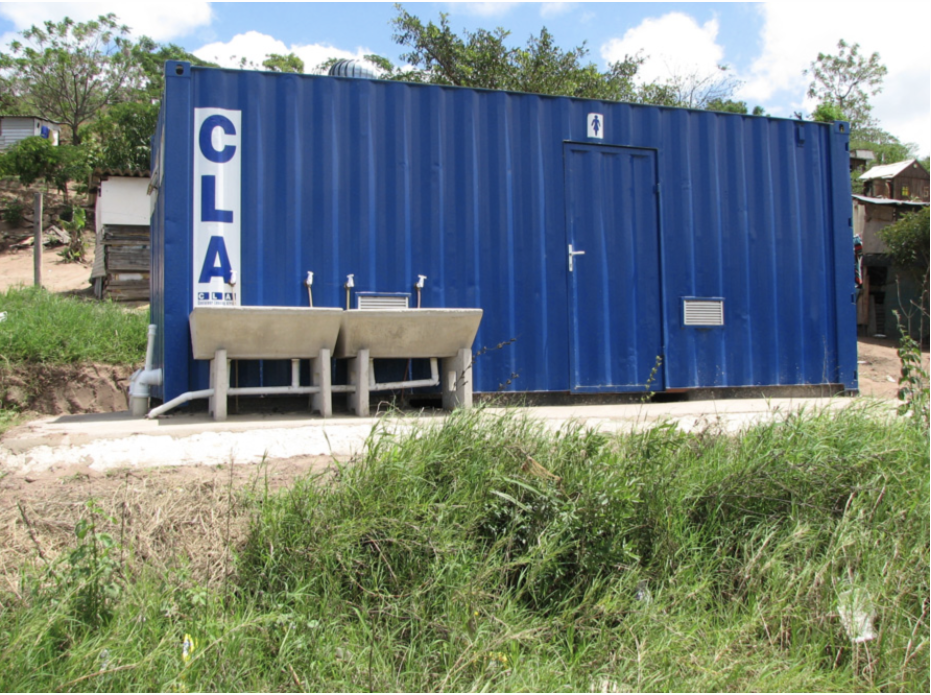International Development Engineering
This course was designed to make “lemonade out of lemons”, i.e., to make the best use out of the forced remote learning phase in spring 2021. For each week of the semester, a different inspiring academic or practitioner working in the field of development engineering from around the globe was invited. Students had the opportunity to learn from and interact with experts that they would not have met otherwise. Diversity and inclusion were part of the DNA of this lecture: 50% of the speakers were women and 50% of lecturers were based in lower-income countries. Moreover, the format allowed us to open the course to students from across the globe (participation without ECTS credit points) through the platform remotestudentexchange.com (10 students) and from ETH Zurich’s partner university Ashesi in Ghana (10 students).

Implementation of the course during the time of distance learning
Thought leaders from the field of development engineering discussed the challenges and opportunities of innovations for limited-infrastructure, low-resource, and extreme-climate settings – considering human needs and environmental boundaries. Each speaker presented one innovation designed to improve human well-being from sectors such as health, water, food, sanitation, and communication and critically discussed their latest research and/or practical experience with students. The course provided very different disciplinary, geographical, and methodological perspectives:
• from social sciences and engineering
• from research and practice
• from Europe (Switzerland), North America (US & Canada), Africa (Ghana, Kenya, Malawi, Niger) and Asia (Bangladesh & Indonesia)
The full list of lecturers and topics can be found here: www.development-engineering.ch/speakers/
Experts from around the world were invited to give a talk on a specific technology that improves the lives of the 80% of the global population who are living on less than 10$ a day. In addition, they also provided some general learnings and reflections on international development engineering. One week before their respective talk, the experts shared two related academic papers for the students to read in advance during their own time, so that they could formulate questions on Moodle prior to the sessions. We ensured that the international students without access to Moodle could also share their questions using a separate platform.
The course was held once a week, starting with a 45-min talk by the expert and followed by a 30-min Q&A session (based on questions from students from Moodle and questions that come up during the talk).
During asynchronous learning, each student created a critical reflection (in form of a blog post or short video) on one of the talks, which are published online (www.development-engineering.ch/blog/) and could be accessed by all students. Both the questions asked during the course as well as their blog post were part of the student evaluation.
Active participation, exchange and peer-to-peer-learning was also a key component of the course. For that reason, a large part of the course was reserved for questions from the audience. In addition, we chose to create a blog page, so that all contributions could be read by all the students. During synchronous learning, we conducted short surveys using the “mentimeter” online platform. This also helped the lectures to learn from the students and to adapt their material to the students’ knowledge and experience.
Course description
Overall concept of the course before the pandemic - during - after
The course did not exist before the pandemic. It was designed for the pandemic as an online format and we will continue to teach it in the future mainly online (with the exception of about 3 classes on specific skills - blog-writing, diversity training, consolidation workshop).
The goal of the course is for students to learn different approaches and frameworks to design and evaluate technologies with social impact; for students to better understand the unique contexts and needs for technologies in low-resource settings; for students to understand what it means to innovate in low-resource settings; and to critically reflect on their role as engineers in a globalized yet unequal world.
In this class, thought leaders from the field of development engineering from around the globe discuss online with students the challenges and opportunities of innovations for low-resource and extreme-climate settings – considering human needs and environmental boundaries.
Each speaker presents one innovation designed to improve human well-being from sectors such as health, water, food, sanitation, and communication and critically discusses their latest research and practical experiences with students. The course offers different disciplinary, geographical, and methodological perspectives:
- from social sciences and engineering
- from research and practice
- from Europe (Switzerland), North America (US & Canada), Africa (Ghana, Kenya, Malawi, Niger) and Asia (Bangladesh & Indonesia)
The full list of lecturers and topics can be found here: www.development-engineering.ch/speakers/
The weekly class starts with a 45-minute input followed by 30 minutes of discussion with the expert moderated by one of the ETH Professors. Students submit questions for the speakers prior to the sessions or during the sessions. Each student creates a critical reflection (in form of a blog post or short video) on one of the talks, which are published online: www.development-engineering.ch/blog/